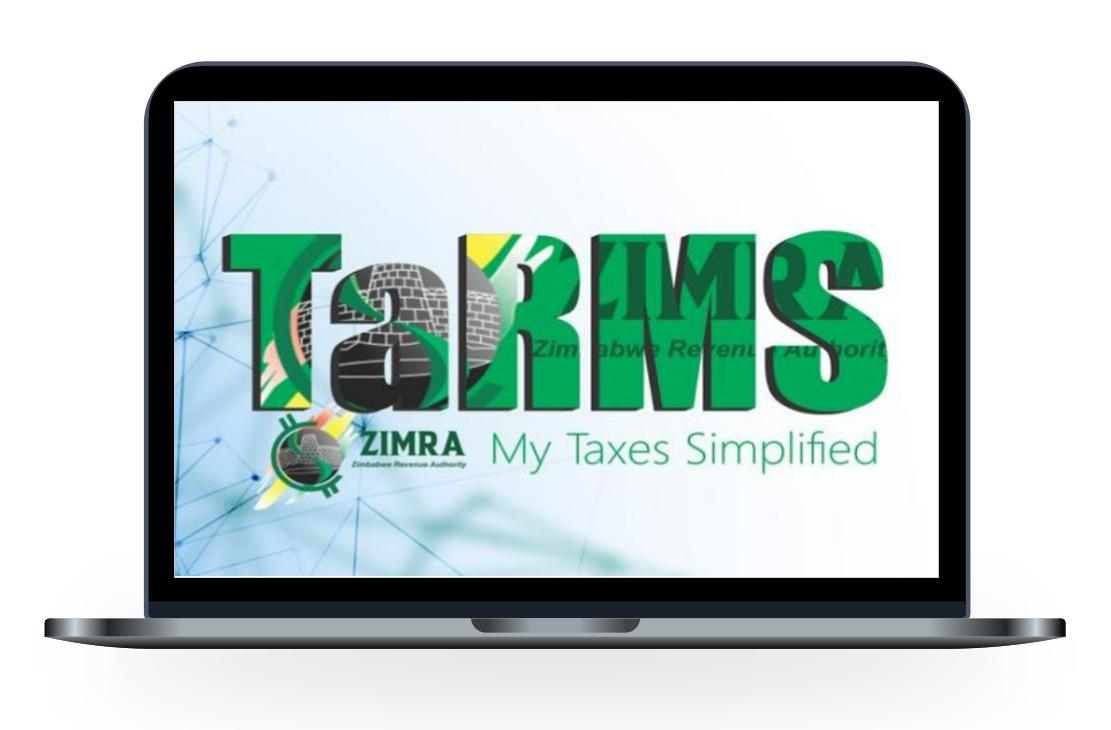We can all admit our lives and the way we do things, in general, have had to go through a panel beating of sorts because of the Covid19 pandemic. With gatherings prohibited, the way we do school has had to involve technology more. According to UNICEF by the end of March 2020, 9500 schools were closed in Zimbabwe disrupting the education of more than 4,6million children.
Challenges of e-learning
It is this sad reality that I feel consequently has turned Zimbabwe’s education system into a “haves and the have not” situation creating a gap in the ability of students’ access to education. Many online platforms have mushroomed to offer e-learning services to homebound students.
If a student is lucky enough to have internet access and a device they could access the likes of Impact Learning and Ruzivo Digital learning. But remember all this is reliant on the parents’ ability to pay for the internet services and device. Other platforms like mytutorzim require further payment adding on to the already stressful bill. For some it’s doable yet for many students in less privileged situations it now makes education look like this unattainable elite concept.
The need for a solution
Even with the loosening of lockdown restrictions many schools are struggling to get back into the swing of things. In an attempt to keep both students and teachers safe, some schools like Heyshot Primary (located in the Mashonaland Central Province’s community of Glendale) have had to drastically scale down on the number of students they teach in a day. Unfortunately, the solution slows down the learning process drastically as students end up attending school twice a week at the most.
Econet’s e-learning bundle
Back in May 2020, Econet introduced an e-Learning bundle that was priced cheaper than normal Econet data bundles. These bundles were terminated when the government announced the reopening of schools and to be honest the e-learning data bundles came with a lot of drama.
WhatsApp the obvious platform
A lot of entrepreneurs, teachers, students and parents have identified WhatsApp is a key platform for the delivery of educational content to a broader set of students in Zimbabwe. Techzim deployed a service for the teaching of Mathematics to Grade 7 up to Form 4 students in recognition of the near ubiquity of the app in every urban home and some rural homes too.
Dzidzo Paden|Imfundwe’ndlini
Dzidzo Paden|Imfundwe’ndlini is a WhatsApp automated chatbot designed to distribute academic resources to learners who have limited or no access to the internet but have access to the next best thing, WhatsApp. This app is addressing the issue of internet access; providing education on a popular platform most Zimbabweans have access to. It was launched on the 23rd of November 2020.
The chatbot will start by distributing curriculum-aligned academic resources like; notes, past exam papers, and marking schemes for Grade 7s, Form 4s, and Upper 6s. Along with academic materials; the App will generate Covid19 material to encourage awareness among teachers and learners through age-appropriate information about the virus and other infectious diseases.
The young founder

The educational App is a result of the United Nations Educational, Scientific and Cultural Organization (UNESCO)’s partnership with the Ministry of Primary and Secondary Education and the Zimbabwe Schools Examination Council (ZIMSEC) and 18-year-old Trueman Hama Mabumbo.
Trueman is a Lower 6 student at St Georges College in Harare; where he is studying Mathematics, Physics, Chemistry, and English Language. He is an alumnus of the STAR Leadership Academy.
According to Trueman the idea of Dzidzo Paden|Imfundwe’ndlinicame came from a picture,
… I saw a picture of a young girl who was evidently in a rural setting and holding two water containers and there was a caption that read ‘we aren’t against online learning but what about us’ so seeing that really just made me realise that the situation on the ground was bad. And that’s when I started thinking of solutions.
Around the same time Trueman started thinkingon this, fate came knocking at his door in the form of a Topflight’s Arts and Science Conference. He entered the competition with the concept of creating a chatbot to bridge the gap between those who can afford data and online learning and those who can’t.
Development of more content for all grades and forms is on-going. This easy-to-use and access app is at the disposal of the 5.2 million people who use WhatsApp in Zimbabwe.
Where Whatsapp comes in
With Whatsapp having such a significant role in the education app’s operation one has to wonder what kind of agreement had to be made with Whatsapp? Trueman says:
We do not necessarily have a partnership with WhatsApp, but to host the chatbot on WhatsApp we have to pay WhatsApp a certain amount of money for a particular number of messages sent out by the bot
Since schools closed, Whatsapp has been a favoured mode of communication between teachers and students. The Dzidzo Paden|Imfundwe’ndlini App has capitalized on that fact. Sharing information via Whatsapp is cheaper and students only need a normal old Whatsapp bundle to access the material on the educational app.
While no kind of app or platform can replace the imperative teacher-student interaction, Dzidzo Paden|Imfundwe’ndlini is addressing a major issue. For more information on Dzidzo Paden|Imfundwe’ndlini app, please visit their Facebook page or send a “Hi” message to their Whatsapp number +263 787 064 484.














Comments
One response
This is awesome. Am on it. Thanks guys